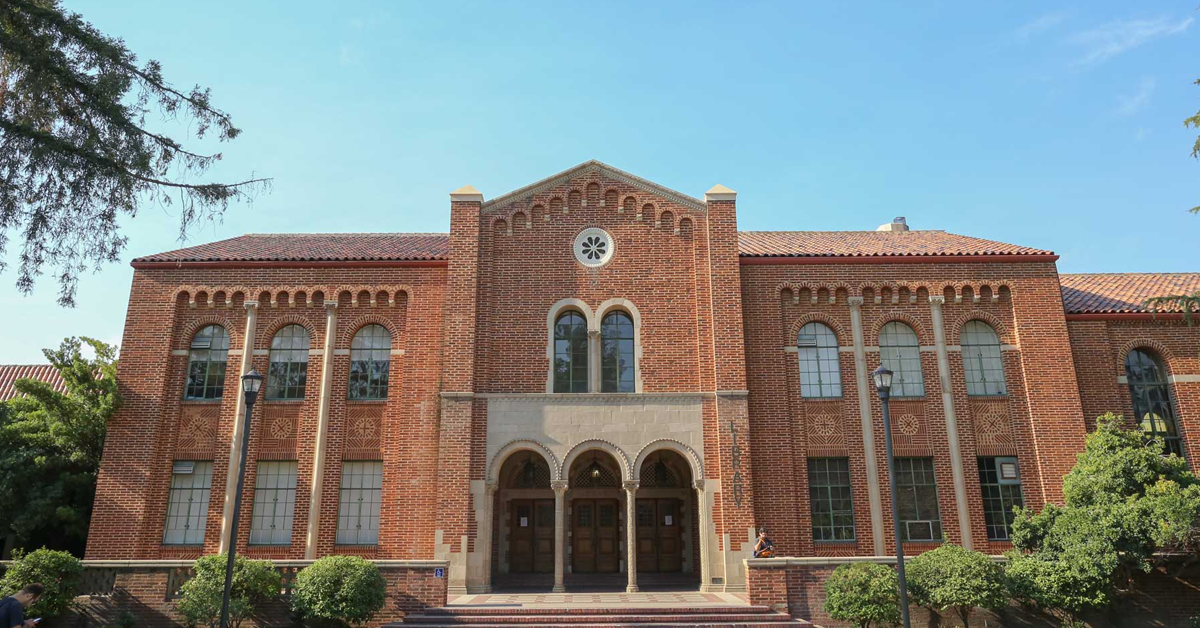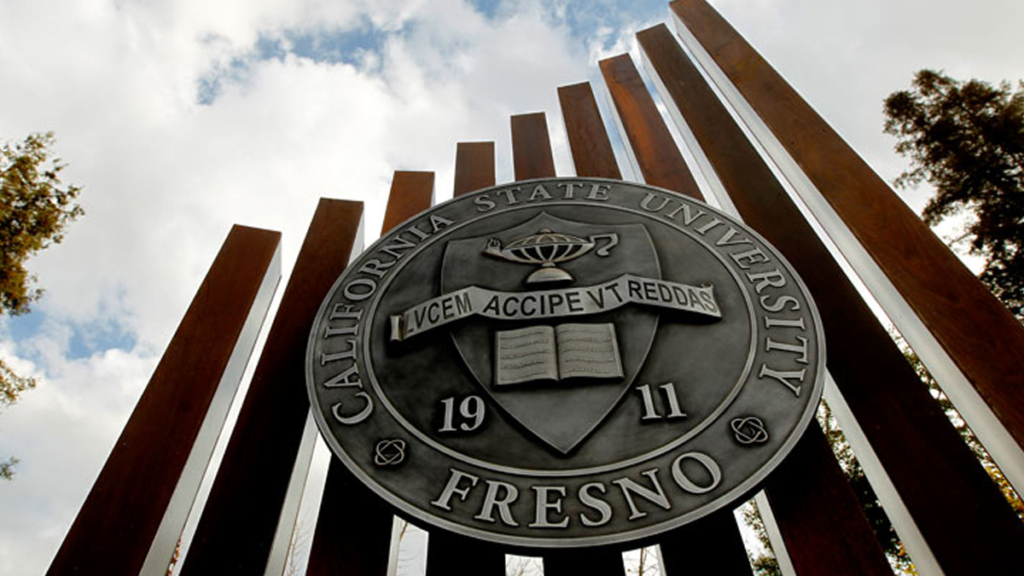Thursday’s Fresno City Council meeting featured a cautionary tale about government’s limits.
The big item on the agenda, of course, was Mayor Lee Brand’s proposed inspection program for rental apartments. The hearing started at 4:30 p.m., and the council chamber was packed with Brand’s supporters.
I gave up the ghost after an hour. Council President Clint Olivier still had before him a stack of cards filled out by audience members who wanted to talk.
The inspection plan was born some two years ago when Ashley Swearengin was mayor. Advocates expect great things from a supercharged Code Enforcement Division. City Hall’s regulation of housing figures to only expand.
But the council on this day also debated a more mundane issue: Whether to approve an amendment to the contract with the Walnut Creek-based consulting firm Carollo Engineers. I wasn’t there for the vote, but I understand from city officials that the council gave the amendment its OK.
The proposed amendment was to pay an additional $95,920 to Carollo, which is providing construction management services for the tertiary treatment and disinfection facility project at the sewer farm. Carollo has been paid nearly $2 million so far, according to a staff report.
This particular piece of the huge wastewater treatment plant west of town is a key part of City Hall’s immense Recharge Fresno initiative. In essence, the tertiary treatment/disinfection facility is the foundation for the “purple pipe” system that someday could move annually as much as 25,000 acre feet of recycled water to the city proper for landscape irrigation purposes.
Construction of the tertiary treatment/disinfection plant is behind schedule. It was supposed to be completed in October. Then the deadline was moved to November. Then the deadline was moved to January. We’re in February and it’s still not done.
The project includes the installation of pipes to move the recycled water to key parts of town. That work is also behind schedule.
I chatted briefly on Thursday afternoon with Public Utilities Director Tommy Esqueda. He said the overall project involving the treated water is on budget. But, he added, he couldn’t say for sure when this first phase of the project would be done.
What went wrong?
If I understood Esqueda correctly, the weak point has been the intersection of leadership and trust.
There are two halves to the Recharge Initiative. The high-profile half has been centered on construction of the Southeast Fresno Surface Water Treatment Plant. That multi-faceted project is on time and on budget, Esqueda told me. That project was born when Esqueda was sitting in DPU’s director’s chair.
The recycled water project was born before he got to City Hall, Esqueda said. That meant the new director showed up to find a project with a momentum all its own and in-house advocates convinced that the management path they’d been following pre-Esqueda was best.
So, Esqueda went with the status quo.
Esqueda kept asking: We’ll make the deadline, right? Esqueda was constantly told: Sure, boss.
That worked until the first deadline was missed. Then the second. Then the third.
Esqueda said he has now taken full control of the recycled water project.
But a reckoning is coming. City Hall’s Capital Projects Oversight Board meets at 5:30 p.m. Monday, Feb. 6. Two of the first three items on the agenda involve a public vetting of what’s wrong with the recycled water project.
The Capital Projects Oversight Board was created in 2015 by two pieces of City Council legislation. One piece was co-authored by Olivier and Brand, then a council member. The second piece was authored by solely by Brand.
Brand promised Fresno back in 2015 that his legislation would provide the private-sector oversight to ensure that all of the Recharge Fresno construction projects came in on time and on budget. Brand gave his word.
Brand is now the mayor. He’s got a controversial housing inspection plan on the table. He said it will work perfectly.
He’s giving his word.









